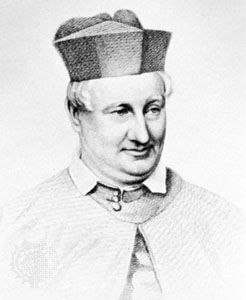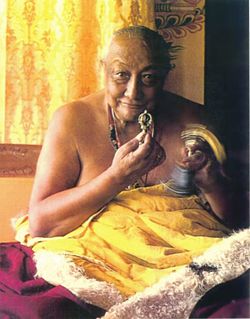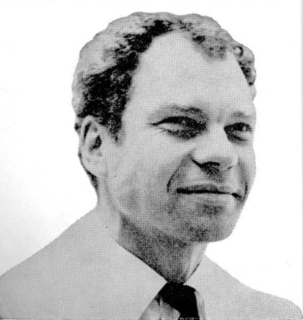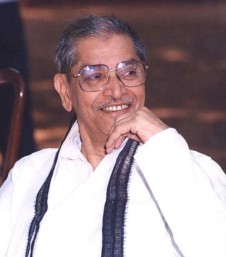A Quote by Jaggi Vasudev
Devotion is not drama. Devotion is a way of living. Devotion is the way you walk, the way you breathe, and the way your heart beats.
Related Quotes
Devotion {to the spiritual master} becomes the purest, quickest, and simplest way to realize the nature of our mind and all things. As we progress in it, the process reveals itself as wonderfully interdependent: We, from our side, try continually to generate devotion; the devotion we arouse itself generates glimpses of the nature of mind, and these glimpses only enhance and deepen our devotion to the master who is inspiring us. So in the end devotion springs out of wisdom: devotion and the living experience of the nature of mind becomes inseparable, and inspire one another.
Devotion to the Blessed Sacrament is the queen of all devotions. It is the central devotion of the Church. All others gather round it, and group themselves there as satellites; for others celebrate his mysteries; this is Himself. It is the universal devotion. No one can be without it, in order to be a Christian. How can a man be a Christian who does not worship the living Presence of Christ?
Devotion is the essence of the path, and if we have in mind nothing but the guru and feel nothing but fervent devotion, whatever occurs is perceived as his blessing. If we simply practice with this constantly present devotion, this is prayer itself. When all thoughts are imbued with devotion to the guru, there is a natural confidence that this will take care of whatever may happen. All forms are the guru, all sounds are prayer, and all gross and subtle thoughts arise as devotion. Everything is spontaneously liberated in the absolute nature, like knots untied in the sky.
You must do the asana with your soul. How can you do an asana with your soul? We can only do it with the organ of the body that is closest to the soul - the heart. So a virtuous asana is done from the heart and not from the head. Then you are not just doing it, but you are in it. Many people try to think their way into an asana, but you must instead feel your way into it through love and devotion
Devotion differs. Devotion exists for the total existence, without the counterpart, mm? There is nothing against devotion. There is hate against love; there is nothing against devotion. No-devotion is not against devotion, it is just absence. So when someone says, "I am devoted to Rama," really he is using a wrong word. If he loves Rama, then he cannot love Krishna. If someone says, "I am devoted to Krishna," then he cannot love Christ. He is using a wrong word. He is continuing the love phenomenon; it is not devotion.
When a teacher of the future comes to point out to the youth of America how the highest rewards of intellect and devotion can be gained, he may say to them, not by subtlety and intrigue; not by wire pulling and demagoguery; not by the arts of popularity; not by skill and shiftiness in following expediency; but by being firm in devotion to the principles of manhood and the application of morals and the courage of righteousness in the public life of our country; by being a man without guile and without fear, without selfishness, and with devotion to duty, devotion to his country.
I wanted to experience both. I wanted worldly enjoyment and divine transcendence. I wanted what the Greeks called kalos kai agathos, the singular balance of the good and the beautiful. I'd been missing both during these last hard years, because both pleasure and devotion require a stress-free space in which to flourish and I'd been living in a giant trash compactor of nonstop anxiety. As for how to balance the urge for pleasure against the longing for devotion...well, surely there was a way to learn that trick.
The fruit of patience in all its aspects - long-suffering, forbearance, endurance, and perseverance - is a fruit that is most intimately associated with our devotion to God. All character traits of godliness grow out of and have their foundation in our devotion to God, but the fruit of patience must grow out of that relationship in a particular way.


































